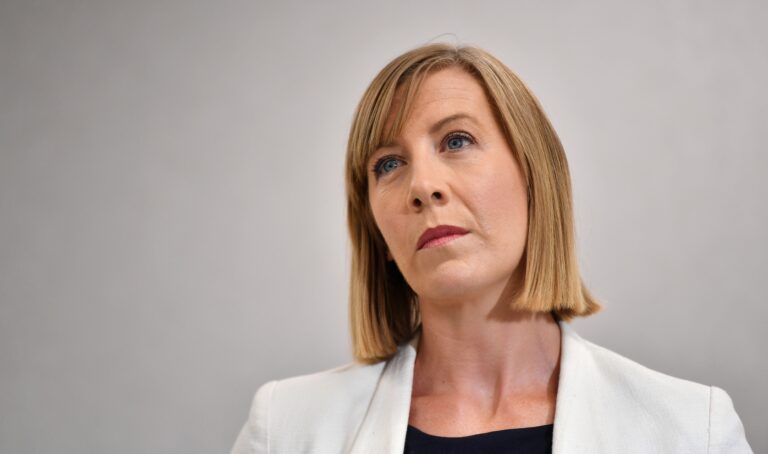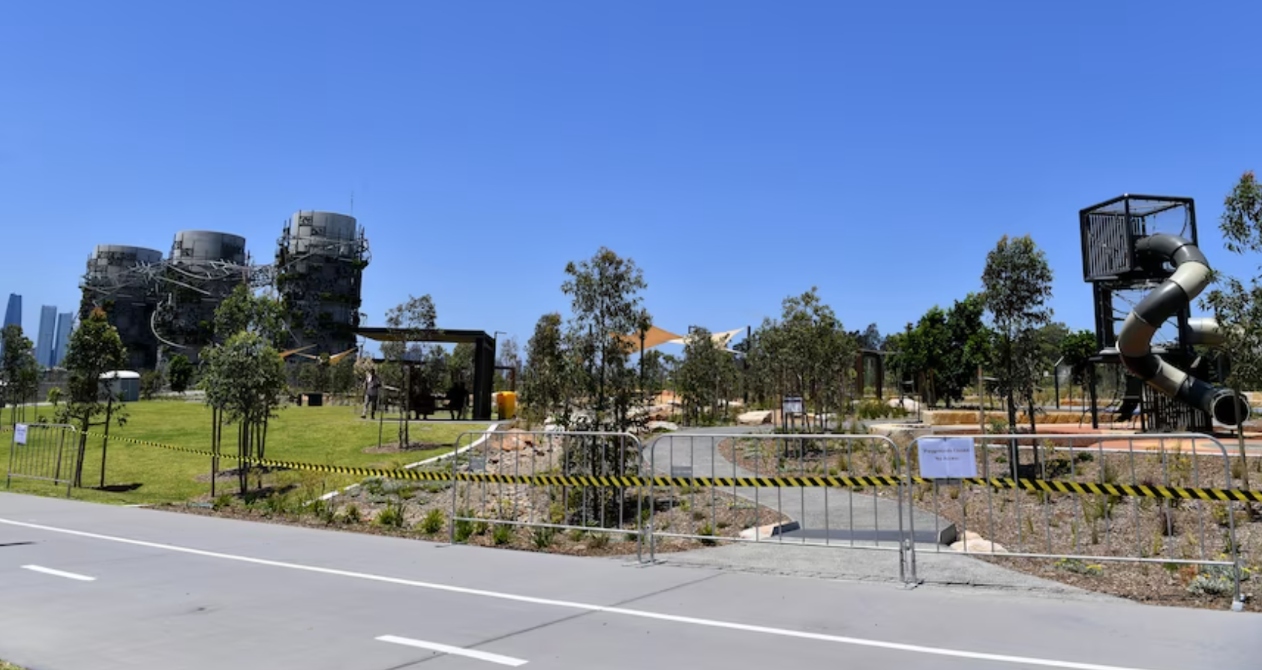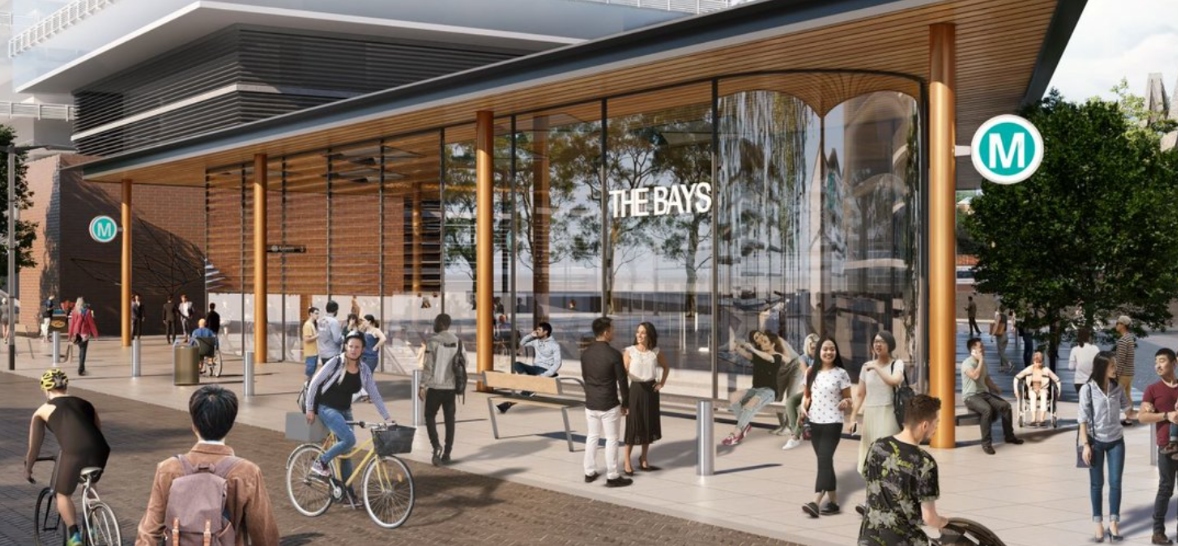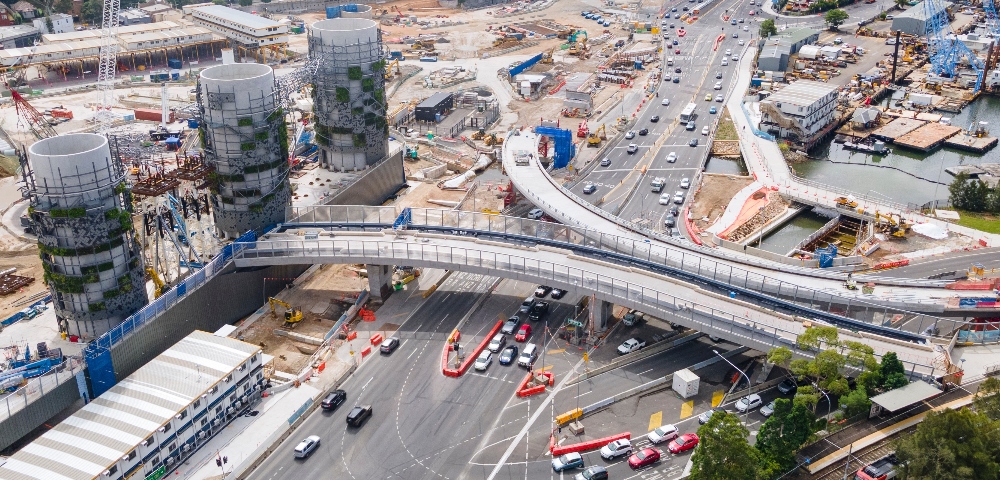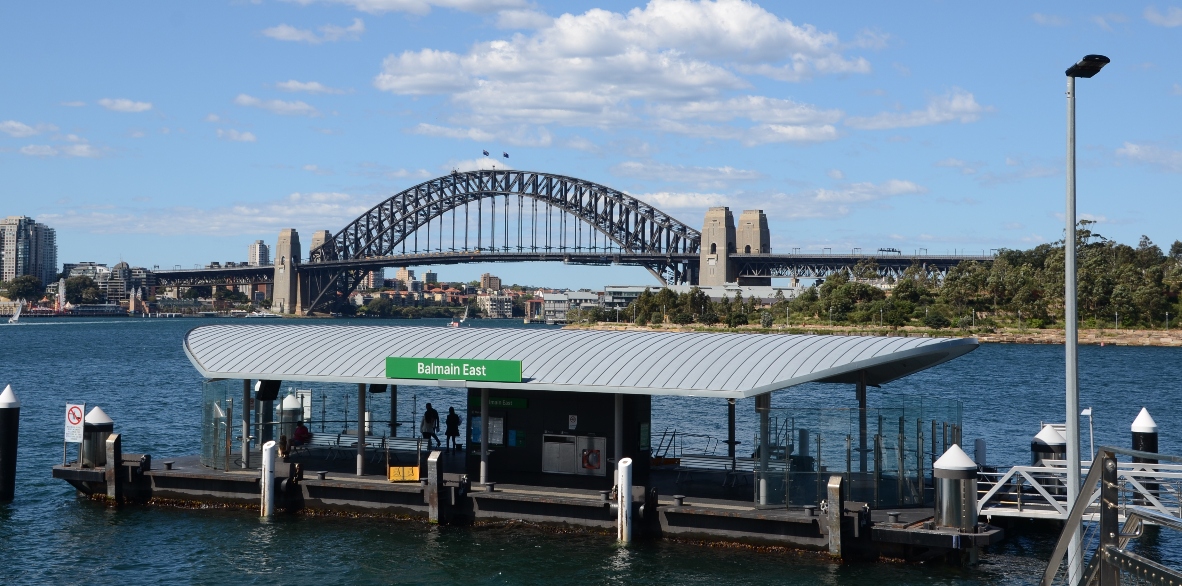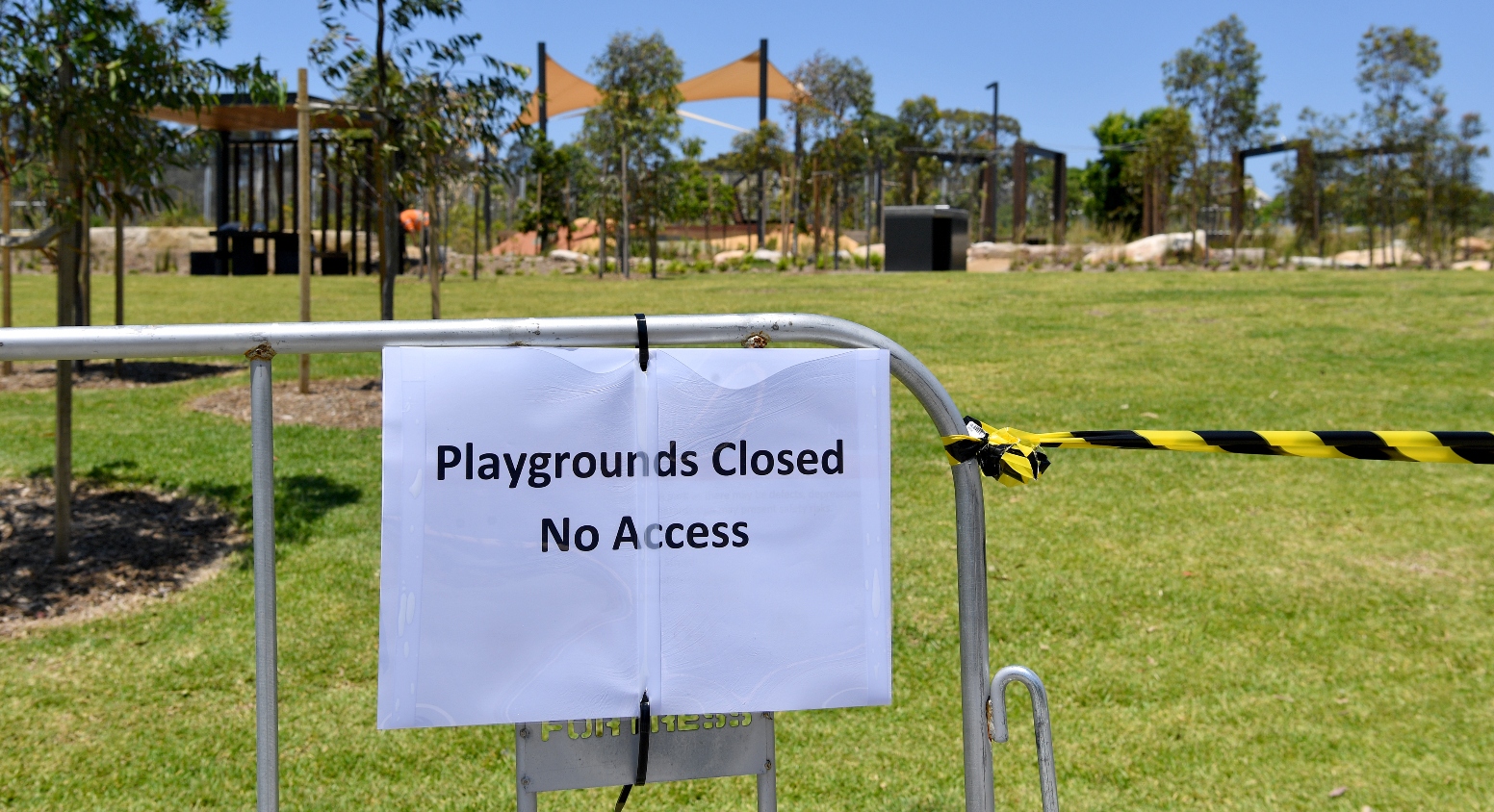
EPA rejects WestConnex EIS
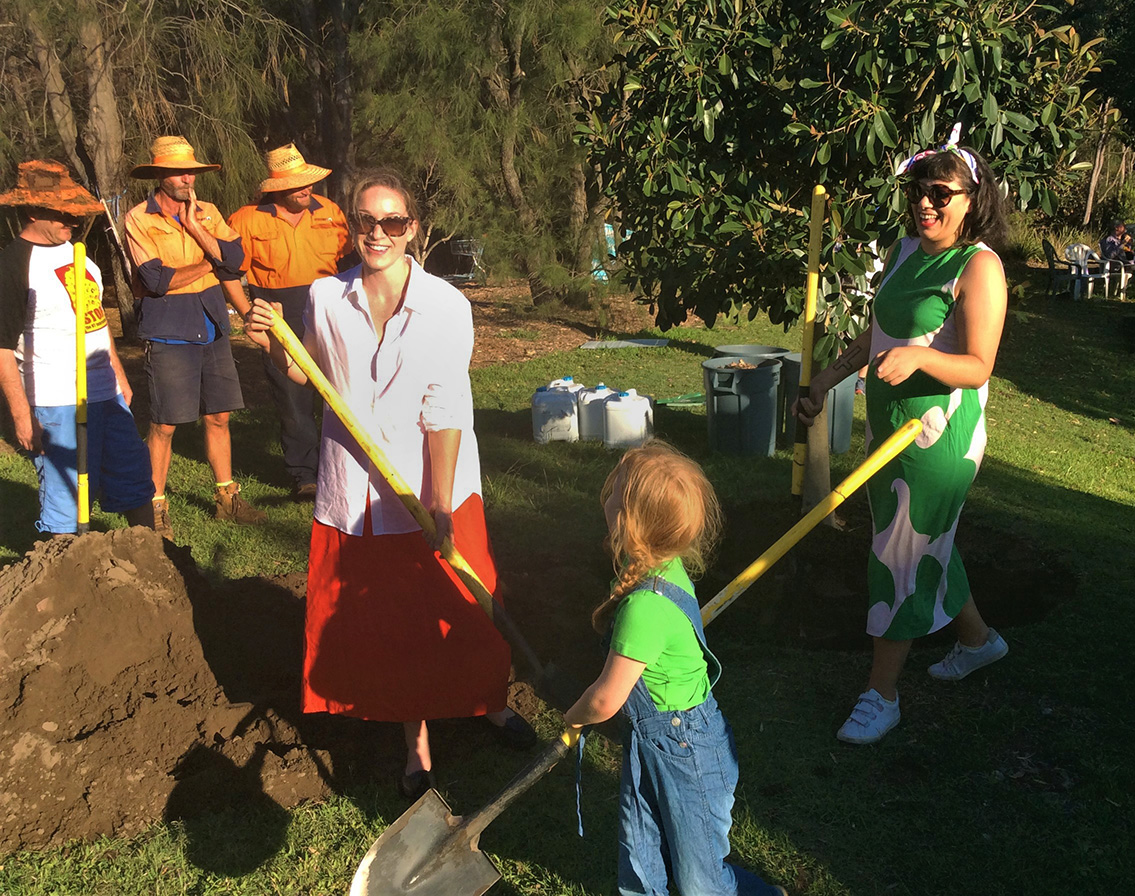
BY WENDY BACON
The NSW Environmental Protection Authority (EPA) has strongly criticised the Sydney Motorway Corporation’s environmental assessment of the proposed Westconnex Stage 3 M4/M5 tunnels between St Peters and Rozelle.
The EPA charges that the assessment is so lacking in detail that it is not possible to “determine whether mitigation measures proposed are appropriate.”
The EPA recommends that approval should not be given to the project without further detailed environmental work.
The EPA is one of a number of government departments required by the NSW Department of Planning and Environment (DPE) to comment on the Environmental Impact Statement (EIS) prepared by international engineering firm AECOM for the Sydney Motorway Corporation. Construction cannot begin without an EPA licence.
The significance of the EPA finding is that it has the potential to derail the politically sensitve timetable for the privatisation of the Sydney Motorway Corporation, which will include the finalisation of tolls regime for WestConnex.
The EPA criticises the AECOM EIS for assessing as ‘short term’ consecutive construction impacts that could last four years, failing to assess potential contamination of waterways including Rozelle Bay and Whites Creek, and a lack of quantification of noise and vibration impacts.
In a covering letter, the NSW EPA Regional Director Metropolitan Giselle Howard writes that the EPA is concerned about “significant and ongoing impacts experienced by the communities at Haberfield and St Peters, particularly in relation to noise and vibration.”
She finds that there is “minimal evidence to suggest that this has shaped the approach to mitigation” in the EIS. The EPA considers that these “need to be quantifed and assessed in detail” before approval, rather than in a post-approval plan.
The EIS was completed before the selection of construction sites or design of a proposed underground interchange at Rozelle. This meant that the 7000 page EIS mentions hundreds of potential impacts that could affect communities all along the route, but simply defers assessment to a detailed post-approval design stage.
The EPA’s criticisms add force to similar concerns already strongly expressed by the City of Sydney, the Inner West Council and community groups. But coming from a government department, the DPE would be expected to give them more weight.
The EPA is one of 13,000 submissions that must be considered in Response to Submissions and Preferred Infrastructure reports. AECOM’s responses have not yet been published on the Department of Planning website.
The Planning department is under political pressure to approve the project so that the Berejiklian government can finalise the sale of 51% of the network of WestConnex tollways, including the financing and construction of the M4-M5 tunnels. If privatisation is achieved, it will become even harder for regulators to control the conduct of contractors.
Earlier approvals have allowed Westconnex contractors to adapt and design the project as they go along. With the M4East and New M5, thousands of residents still have no idea what mitigation they will be offered. But the EIS for Stage 3 is far more uncertain and incomplete. The EPA is clearly indicating that it does not want to grant a further licence in these circumstances. Approval will either need to be significantly delayed or pressure will need to be applied to EPA to buckle.
Co-convenor of Leichhardt against WestConnex Christina Valentine told City Hub that, “If this project is approved in its current form it would create a dangerous precedent for all other infrastructure projects and expose the NSW public to unaccptable financial risk. The EIS clearly fails to assess the impacts, let alone provide the basis for a determination that multiple risks to the communtiy can be controlled to an acceptable level.”
Apart from more work that needs to be done on the EIS, the EPA sets out more explicit and stringent requirements for justification of out-of-hours work, independent auditing of conditions on sites and an Independent Complaints Commissioner.
These recommendation are implicit recognition that the EPA has been unable to satisfactorily control the impacts of the WestConnex M4 East and the New M5. For example, when lack of watering of construction sites led to huge dust clouds moving across local streets, the EPA, which is under-resourced, could not follow up complaints unless residents supplied videos.
NSW Planning have also allowed WestConnex contractors to conduct a huge amount of extremely noisy night work without providing proper justification. Residents have been left battling to receive even minimal noise mitigation and, according to Inner West Council community forum minutes, have experienced “reduced sleep, increased stress levels and feelings of helplessness” as a result of the constant strain of living with the construction.
Anti-Westconnex campaigner Haberfield resident Sharon Laura, who is living with impacts of the M4 East in Haberfield and has assisted other residents to achieve some mitigation, told City Hub that she was concerned that the Department of Planning would submit to pressure to approve the project.
“If the Department of Planning has any concern for residents of Sydney it must not justify any more approvals by simply devising conditions that allow for future changes to approvals behind closed doors. Our lived experience shows that on a daily basis, minute by minute, the dust noise and fumes overwhelm residents. After approval, ‘project creep’ means that more residents, more open space, and more trees are taken and who knows what is happening to our waterways?”
Editor’s note: An earlier version stated “Approval cannto be given without an EPA licence” The approval sets the conditions for the licence which is actually issued to the construction company. Construction cannot begin until the EPA licence is granted.
Wendy Bacon was Professor of Journalism at UTS and supports the Anti-Westconnex campaign.
